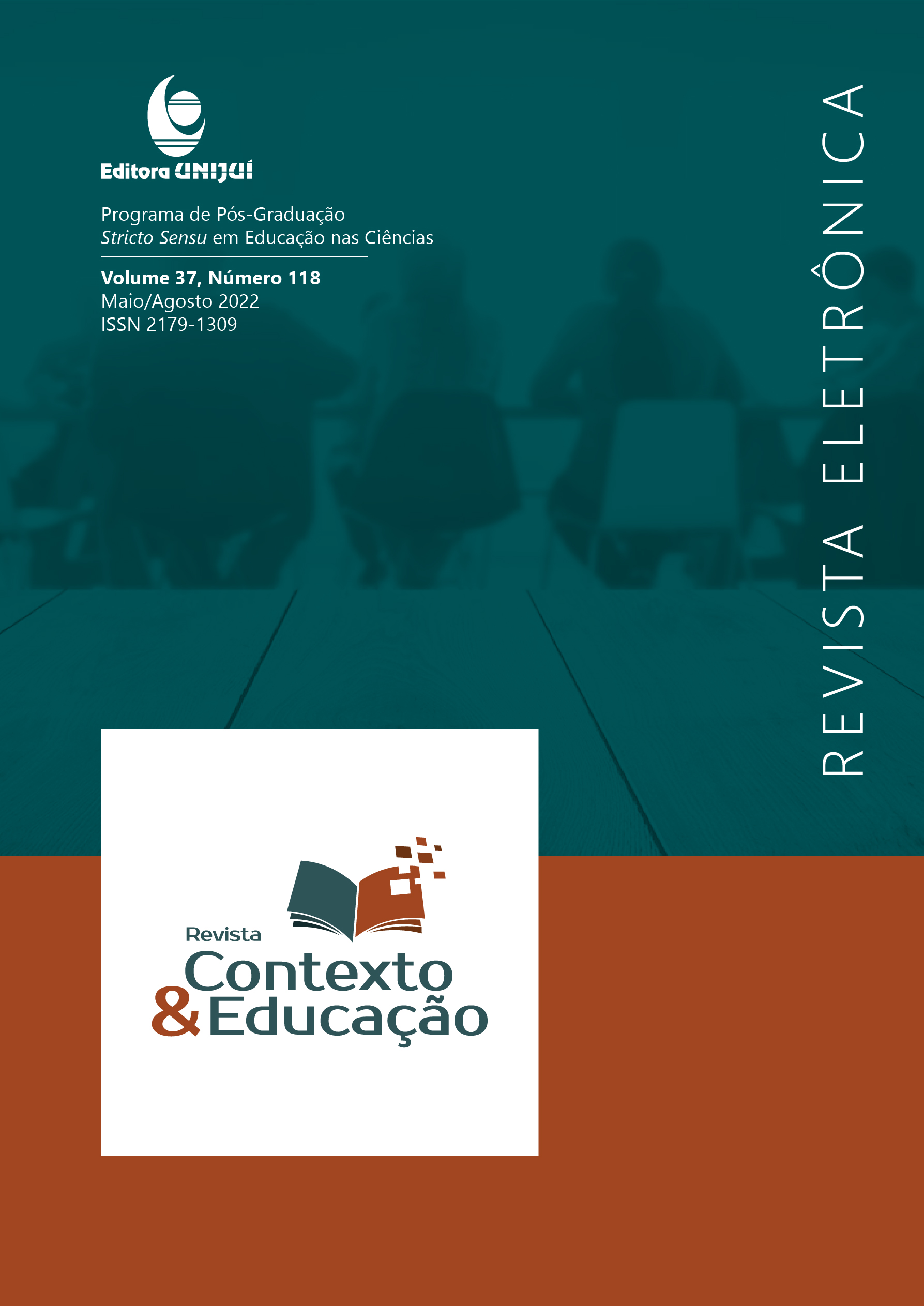Equidade de Gênero na Formação Docente em Educação Física
DOI:
https://doi.org/10.21527/2179-1309.2022.118.12725Palavras-chave:
educação física; equidade de gênero; formação docente; prática educativa.Resumo
Objetivamos explorar as possibilidades em produzir práticas educativas alinhadas com a equidade de gênero na formação docente em Educação Física, sobretudo nas disciplinas de esportes coletivos. Realizamos uma pesquisa qualitativa do tipo exploratória, que contou com a participação de 41 estudantes oriundos de 4 disciplinas de esportes coletivos de um curso de Licenciatura em Educação Física. As fontes de pesquisa foram produzidas a partir de grupos focais e entrevistas, ambas gravadas em um dispositivo digital e transcritas na íntegra. Utilizamos o software Nvivo 12 para organizar e categorizar o material para ser analisado e interpretado à luz do referencial teórico. Os resultados mostram diferentes possibilidades para produzir práticas educativas alinhadas à equidade de gênero, recrutando o engajamento da instituição, a reformulação curricular, a didática dos/as docentes formadores/as e a atuação dos/as futuros/as professores/as como dispositivos para elaborar saberes comprometidos com a equidade de gênero nas aulas. Ainda, os/as acadêmicos/as enunciam fragilidades na formação para produzir ações que promovam a equidade de gênero em suas futuras atuações profissionais, cenário que reafirma a necessidade de a formação docente ressignificar suas práticas educativas, metodologias e saberes de modo a questionar os cânones esportivos e arquitetar uma Educação Física que considere as múltiplas experiências e potencialize as aprendizagens de todos e todas.
Downloads
Publicado
Como Citar
Edição
Seção
Licença
Ao publicar na Revista Contexto & Educação, os autores concordam com os seguintes termos:
Os trabalhos seguem a licença Creative Commons Atribuição 4.0 Internacional (CC BY 4.0), que permite:
Compartilhar — copiar e redistribuir o material em qualquer meio ou formato;
Adaptar — remixar, transformar e criar a partir do material para qualquer fim, inclusive comercial.
Essas permissões são irrevogáveis, desde que respeitados os seguintes termos:
Atribuição — os autores devem ser devidamente creditados, com link para a licença e indicação de eventuais alterações realizadas.
Sem restrições adicionais — não podem ser aplicadas condições legais ou tecnológicas que restrinjam o uso permitido pela licença.
Avisos:
A licença não se aplica a elementos em domínio público ou cobertos por exceções legais.
A licença não garante todos os direitos necessários para usos específicos (ex.: direitos de imagem, privacidade ou morais).
A revista não se responsabiliza pelas opiniões expressas nos artigos, que são de exclusiva responsabilidade dos autores. O Editor, com o apoio do Comitê Editorial, reserva-se o direito de sugerir ou solicitar modificações quando necessário.
Somente serão aceitos artigos científicos originais, com resultados de pesquisas de interesse que não tenham sido publicados nem submetidos simultaneamente a outro periódico com o mesmo objetivo.
A menção a marcas comerciais ou produtos específicos destina-se apenas à identificação, sem qualquer vínculo promocional por parte dos autores ou da revista.
Contrato de Licença (para artigos publicados a partir de outubro/2025): Os autores mantém os direitos autorais sobre seu artigo, e concedem a Revista Contexto & Educação o direito de primeira publicação.


